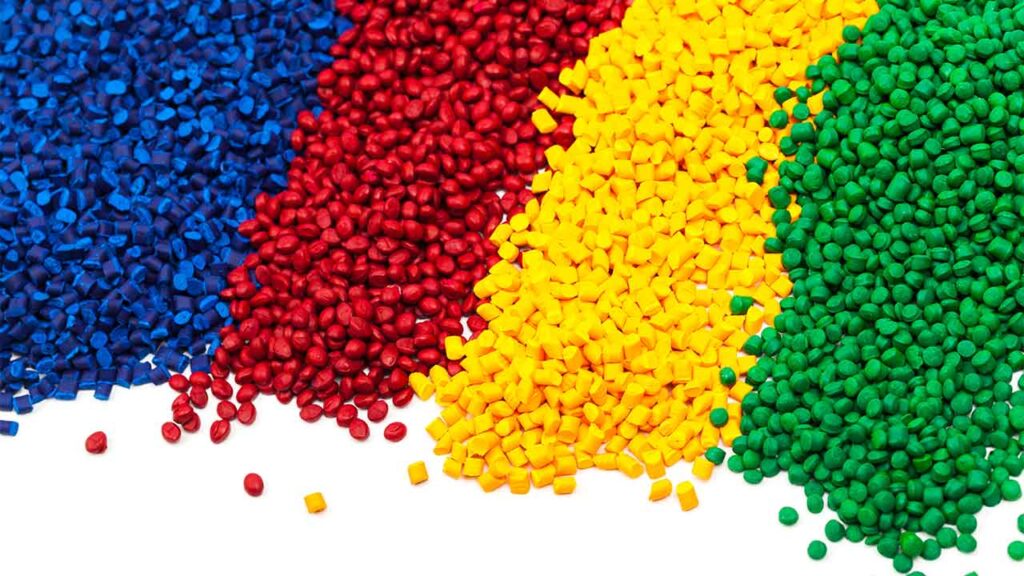Automotive plastic injection molding represents a sophisticated process that enables the mass production of complex and precise components with high efficiency and remarkable consistency. This method involves injecting molten plastic material into a custom-designed mold under high pressure, where it cools and solidifies to form the desired shape. The application of this technology in the automotive industry not only supports the creation of lightweight parts essential for improving fuel efficiency and reducing emissions but also contributes significantly to enhancing vehicle safety, aesthetics, and overall performance.
The importance of automotive plastic injection molds cannot be overstated in modern vehicle production. They are at the heart of producing components ranging from interior elements like dashboard panels and door trims to exterior pieces such as bumpers and grilles, and even intricate engine parts. These molds ensure that each part meets stringent quality and performance standards, thereby playing a crucial role in shaping the future of automotive design and manufacturing.
Common Applications in Vehicle Components
Plastic injection molding has become indispensable in automotive manufacturing, enabling the production of complex, high-performance components that meet rigorous safety, durability, and efficiency standards. Below is a technical breakdown of key applications across automotive systems:
1. Structural and Functional Components
Engine and Transmission Systems:
- Thermally Stable Housings: Polyamide 66 (PA66) or polyphenylene sulfide (PPS) molds for engine covers and transmission components, capable of withstanding continuous temperatures up to 220°C.
- Fluid Management: High-density polyethylene (HDPE) or polyoxymethylene (POM) for fuel rails, coolant reservoirs, and oil pans, offering chemical resistance and dimensional stability.
Chassis and Suspension:
- Lightweight Brackets: Glass-fiber-reinforced polypropylene (GF-PP) for suspension linkages, reducing weight by 30% versus metal counterparts while maintaining tensile strength (>80 MPa).
- Bearing Retainers: Polyetheretherketone (PEEK) for low-friction, high-wear resistance in steering column assemblies.
2. Interior and Exterior Systems
Safety-Critical Elements:
- Airbag Housing: Flame-retardant ABS (UL 94 V-0) with ultra-smooth surface finishes to prevent deployment interference.
- Pedal Modules: 30% carbon-fiber-reinforced nylon for brake pedals, ensuring rigidity under 500 N+ loads.
Aesthetic and Ergonomics:
- Integrated Dashboards: Two-shot molding combining soft-touch TPEs (Shore A 50-70) with rigid PC/ABS substrates for seamless haptic interfaces.
- HVAC Systems: Antimicrobial polypropylene (PP) for air vents, meeting ISO 22196 antibacterial efficacy standards.
Exterior Components:
Aerodynamic Body Panels:
- Long-glass-fiber polypropylene (LGF-PP) for fender liners, achieving Class A surface finishes and resistance to stone chipping (GMW14700 test protocol).
Lighting Systems:
- Headlamp Bezels: UV-stabilized polycarbonate (PC) with VDA 270 fogging resistance to prevent optical distortion.
- LED Housing: Liquid crystal polymer (LCP) for heat dissipation in high-temperature LED arrays (>120°C).
3. Powertrain and Electrification
Internal Combustion Engine (ICE) Applications:
Intake Manifolds:
- 35% glass-filled nylon 6 for minimized warpage and pressure retention at 2.5 bar (validated via SAE J1344).
Turbocharger Components:
- Thermally conductive PPA (polyphthalamide) for charge air coolers, reducing heat soak by 15% versus aluminum.
Electric Vehicle (EV) :
High-Voltage Systems:
- Battery Enclosures: Flame-retardant PBT (UL 94 5VA) with EMI shielding properties, meeting UN ECE R100 crash safety requirements.
- Charging Ports: Polybutylene terephthalate (PBT) with 30% mineral filler for dimensional stability in IP67-rated connectors.
E-Motor Components:
- Stator Endcaps: Polyphenylene sulfide (PPS) with 0.02 mm/mm thermal expansion coefficient to prevent delamination at 150°C.
4. Emerging Applications in Autonomous Driving
Sensor Integration:
- LiDAR/Radar Housings: Laser-weldable polyamide (PA6) for hermetic sealing against moisture ingress (IP6K9K compliance).
- Camera Mounts: Vibration-dampening TPE/PC hybrids to reduce resonance below 0.5g RMS (ISO 19453 vibration testing).
Smart Interior Systems:
- Capacitive Touch Panels: Transparent conductive films over PMMA (acrylic) substrates, enabling <10 ms response times.
Sensor Integration:
- LiDAR/Radar Housings: Laser-weldable polyamide (PA6) for hermetic sealing against moisture ingress (IP6K9K compliance).
- Camera Mounts: Vibration-dampening TPE/PC hybrids to reduce resonance below 0.5g RMS (ISO 19453 vibration testing).
Smart Interior Systems:
- Capacitive Touch Panels: Transparent conductive films over PMMA (acrylic) substrates, enabling <10 ms response times.
Material Science for Automotive-Grade Polymers
Core Thermoplastics & Applications
Polypropylene (PP):
- Attributes: Lightweight (0.9 g/cm³), chemical-resistant, cost-effective.
- Uses: Bumpers, interior trim (talc-filled PP for rigidity).
Polyamide (PA6/PA66):
- Attributes: High strength (80-90 MPa), heat resistance (up to 140°C).
- Uses: Intake manifolds, electrical connectors.
Polybutylene Terephthalate (PBT):
- Attributes: Low moisture absorption, dielectric strength (>20 kV/mm).
- Uses: EV charging ports, lighting housings.
Polycarbonate (PC):
- Attributes: Impact-resistant, optical clarity (>88% light transmission).
- Uses: ADAS sensors, interior panels.
Customization Services for Automotive Plastic Injection Molds
At Senses, we understand that each automotive project has its unique requirements. Our customization services are designed to meet these specific needs, ensuring that every component produced fits your expectations.
Our service starts with detailed consultations where we work closely with clients to understand their exact requirements, goals, and constraints. Whether it is designing for weight reduction or improving performance in tough conditions, our team prepares detailed 3D models. This allows us to review different design options before moving into production, making sure the final mold matches your specifications perfectly.
Senses: Your Partner in Injection Molding Solutions
At Senses, we provide custom injection molding services designed to meet the needs of the pharmaceutical industry. We focus on delivering quality and reliability in every project we undertake.
Senses is an ISO 9001:2015 certified plastic injection molding company, offering a comprehensive array of services including mold and part design, prototyping, small-batch production, and full-scale manufacturing. We serve a diverse range of industries, encompassing automotive, medical, and consumer electronics. Our focus is on ensuring each product we deliver meets the highest standards of quality and functionality.
For personalized solutions and expert consultation, reach out to us today at info@senseschina.com.







